Estimated reading time: 5 minutes
There are many advantages to gardening inside a greenhouse. Greenhouses can be an expression of individuality and a retreat to relieve stress. There are a variety of different greenhouse designs, and you get to decide how large or small it is and whether it will have technology or no technology.
Want to save this post for later? Click Here to Pin It On Pinterest!
Your decisions will depend on what you want to grow and what part of the country you live in. Some crops may require additional lighting during the winter months since there are fewer hours of daylight. Or, they might require controlled temperature and humidity levels.
Your greenhouse certainly doesn’t need technology to be successful and for plants to grow. If you decide to use nature to grow your crops, that works too. No matter your reason for wanting a greenhouse, it’s a good one. Below are some benefits of building a greenhouse.
1. Plants All Year Long
It’s no secret most places in the country have a specific growing season, and that’s usually in the spring and summer. When fall and winter roll around, the days get shorter and colder, and plant life goes dormant.
With a greenhouse, you can have plants all year long, even in the winter. Because these buildings trap the sun and the warmth, the temperature doesn’t vary too much within the structure. It will keep plants happy and blooming even on the coldest of days, which can be a welcome stress reliever when the rest of the landscape is covered in white.
2. All-Natural Produce
Growing your own food means you get to decide whether to use pesticides or growth enhancers. Since most greenhouses are enclosed and protected from troublesome insects and other predators, you probably won’t need to use chemicals to protect your plants. That means healthier food for you and your family.
3. Environmentally Friendly Gardening
Adding more plants to the planet is a good way to create more oxygen, and plants are natural absorbers of carbon dioxide, so they help clean and purify the air. In addition, since you probably won’t be using pesticides on your garden, you’ll reduce the amount of chemicals that leach into water supplies, the soil, and human bodies — which is an environmentally friendly way to grow food!
4. Plants Are Safe From Adverse Weather
Growing plants inside a protected structure means the weather won’t affect them. It won’t matter if it gets too hot or too cold, too rainy or too windy, because they will always have the ideal environment — which will help plants live longer and produce more food.
5. Create an Ideal Growing Environment
Moving your garden indoors means you control the environment and growing conditions. You might even be able to grow plants that aren’t native to your climate.
6. You Can Garden in Any Weather
A greenhouse doesn’t only protect plants from weather conditions — it protects you, too. That means even if it’s snowing, raining or super windy, you’ll still be able to get out and tend to your crops.
7. Variety of Ways to Grow Plants
Having a greenhouse doesn’t lock you into growing plants traditionally in soil. There are different options for producing crops, including using hydroponics. This is a good method to use if the soil in your area isn’t optimal for growing certain plants, or if you just want to try something new.
8. Conserve Energy
Growing plants indoors means you get to control what nutrients they get and the amount of water you use to keep them alive. Because the greenhouse protects plants from the elements, you can save money by reducing how much water you use, leaving more for the rest of the environment.
9. Earn Some Extra Cash
If your greenhouse operation is large and successful enough, you may consider selling your surplus locally. It will be especially welcome in the winter months when fresh fruits and vegetables are harder to come by.
You may also save money when heading to the grocery store because you won’t need to buy certain fruits and vegetables — and you can rest assured knowing you took good care of them through every phase of the growing process.
10. Reduce Stress
Growing a garden is an excellent stress reducer, but it also helps with heart health and Alzheimer’s. There are many health benefits to having a garden, and placing it in a greenhouse means you get to reap those benefits all year long.
Having a garden also gives you the ability to teach children about growing food and showing them how to eat a healthier diet. A greenhouse will require upfront costs, but there are so many advantages to building one that it’s worth the investment.
Author Bio: Emily has been working on gradually going off the grid through making her own cleaning supplies, developing her garden, and decreasing her energy usage. You can read more of her work on her blog, Conservation Folks.

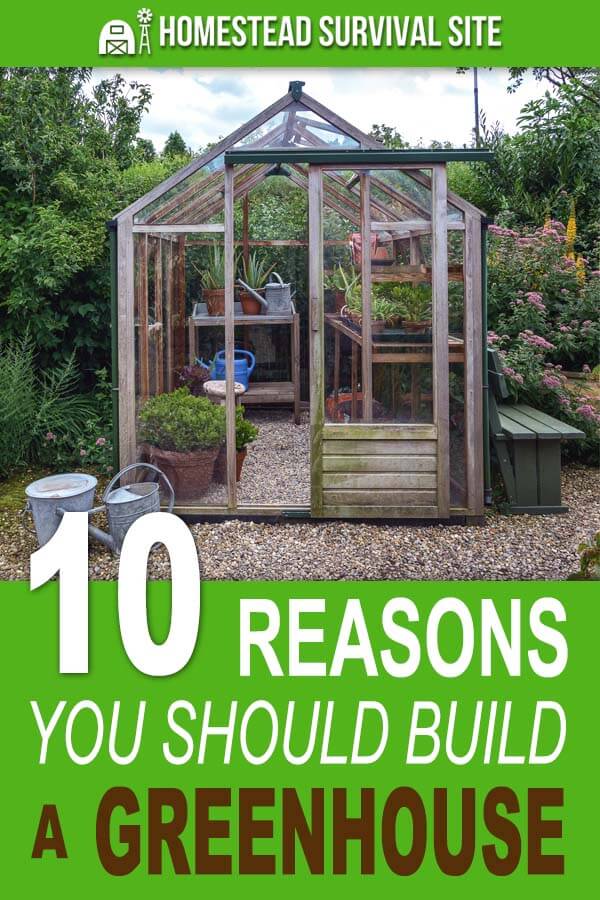



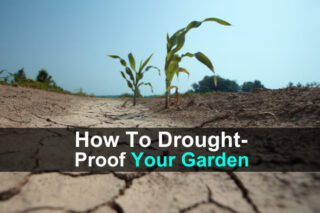
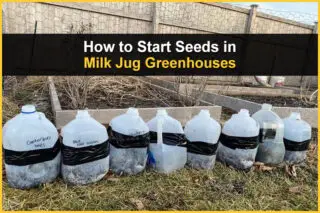
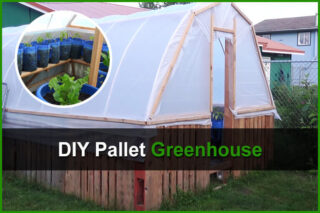
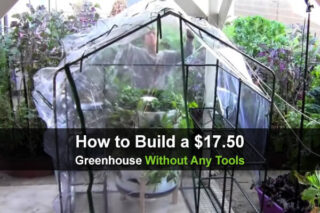
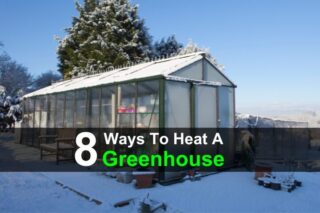
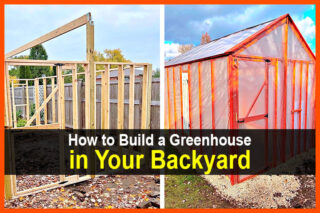

Thanks for pointing out that getting a greenhouse can create an ideal environment and could even help you grow plants that aren’t native to your area. My dad is thinking about adding a greenhouse to his property because he would like a way to keep his plants alive during the winter without covering his entire house. I will have to tell him to look into getting one built soon and to look into what else he could grow in one too!